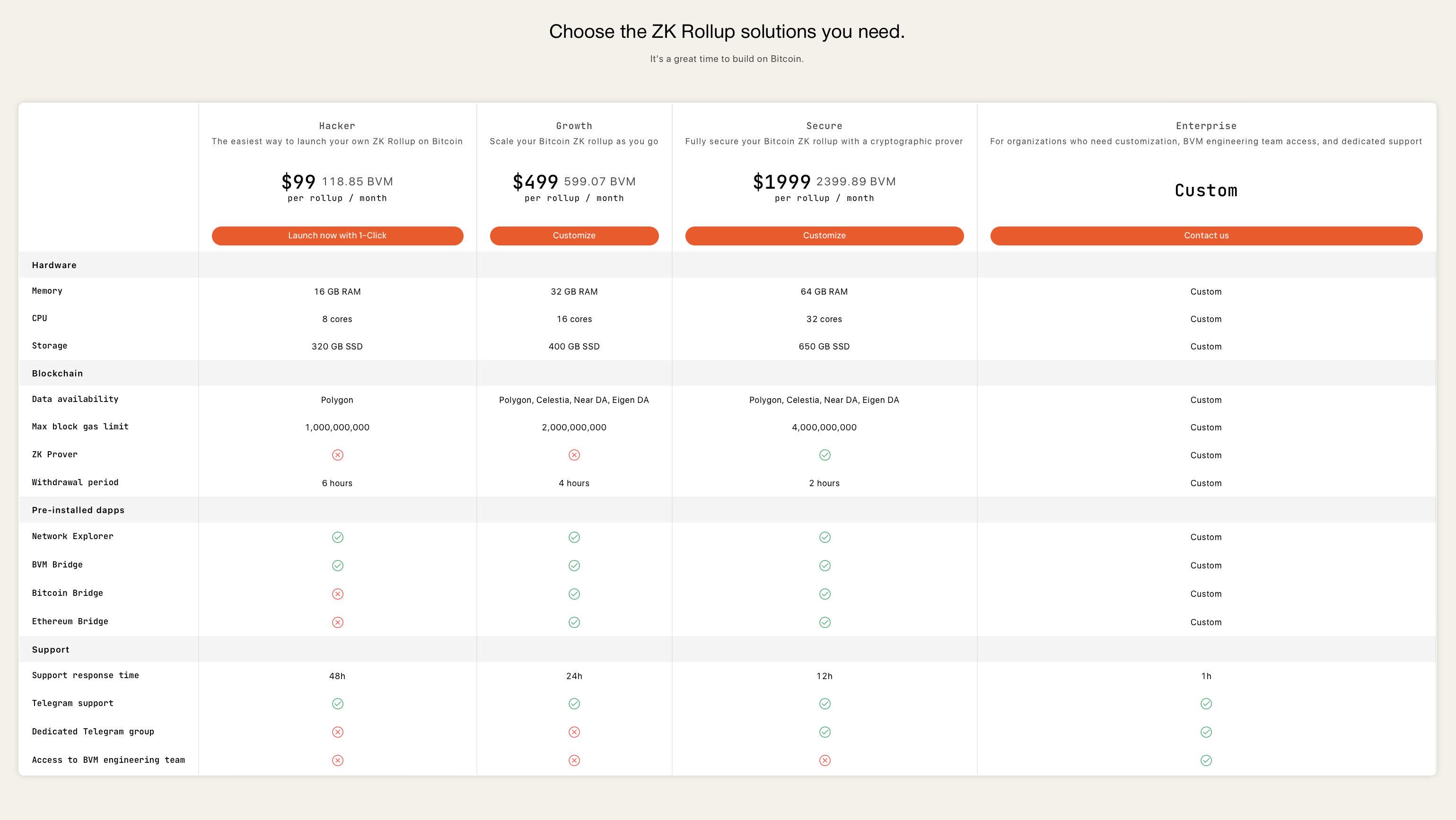Bitcoin Virtual Machine (BVM) team recently announced the launch of BitZK, a service leveraging zero-knowledge proofs to enhance Bitcoin’s scalability. BitZK addresses the growing need for efficient scaling solutions on the Bitcoin (BTC) network, enabling users to create backups and migrate applications from Ethereum (ETH) to Bitcoin. This development follows an increase in on-chain activity driven by protocols like Ordinals and Runes, which have boosted block space demand similar to Ethereum’s experience.
A Historic Step in Scaling the Bitcoin Network
Scaling the Bitcoin network has historically been a challenging endeavor. Efforts to increase block sizes or develop scalable Layer-2 solutions have faced significant obstacles. While the network’s traditionally smaller user base allowed developers time to consider the best scaling methods, the recent surge in on-chain activity necessitated more immediate and effective solutions. At this point, BitZK represents a historic step by using zero-knowledge proofs to compress data, a technique successfully used in many popular Ethereum rollups.
BVM’s launch of BitZK marks a significant technological breakthrough by introducing the first Bitcoin ZK-rollups to the mainnet, enhancing the largest cryptocurrency’s functionality and enabling it to support applications typically found on more general networks like Ethereum.
The introduction of BitZK is part of BVM’s mission to use Bitcoin as a data layer for transaction-level consensus, leveraging Bitcoin’s security and data availability without needing additional networks or consensus protocols.
Available Starting at $499
The BitZK service was launched with a starting price of $99 per month, covering the memory, CPU, and storage costs associated with running a Bitcoin Layer-2. Higher-tier pricing models of $499 and $1,999 are also available to meet different user needs.

Early adopters of the service include notable Bitcoin Layer-2 projects such as RWA Chain, POWD3R Blockchain, and Octopus Bridge, indicating strong initial interest and potential for broader adoption.
Launched in January 2023, BVM aims to transform the Bitcoin network into a more versatile platform. The project’s whitepaper outlines the goal of creating an Ethereum-VM-like state machine using Bitcoin’s infrastructure for transaction-level consensus. This approach is seen as significant, allowing BVM to function as a general-purpose state machine while maintaining Bitcoin’s inherent security advantages and offering enhanced functionality.

 Türkçe
Türkçe Español
Español









